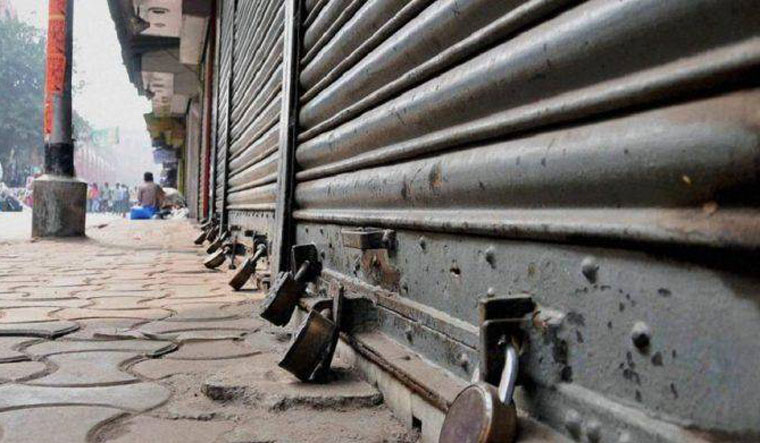You might be reading this piece in the peace and quiet of your home, without the noise of vehicular traffic or the hustle and bustle of normal life to distract you today. For, it is Bharat Bandh. This is one of the many that this country has witnessed (and in many cases a break that at least some sections of the populace have come to look forward to). This bandh has been called by ten central trade unions — INTUC, AITUC, HMS, CITU, AIUTUC, TUCC, SEWA, AICCTU, LPF, and UTUC — along with other sector-independent federations and associations with the aim of raising their voice against the ‘anti-people’ policies of the incumbent government. India had adopted this mode of protest involving the boycott of work before Independence to great effect, clearly understanding the British predilection for punctuality and order. The disorder that Indians were able to create troubled the British greatly and it had the desired effect on the colonial power. But the same medicine is being tried today on natives in the hope that things would change. The fact, though, is that while the measure will merely cause some discomfort to small traders and other businesses, the point that is being driven forward is of great consequence for the future of this nation.
The disruption that the strike would cause may take the message through to those holding power and unwilling to listen to those who voted them to power. One would hope the strike does not turn violent anywhere, causing distress to a people who are collectively suffering the ills of bad government policies. Fact is that the government policies have affected the common man. Every unionised employee of the government or any other body represents that very common man. Be it demonetisation or GST, the burden has fallen on their shoulders to bear. What the central unions and other bodies supporting the cause are doing is undoubtedly representative of the general sentiment, but the mode of dissent has to be dealt with caution. There is no denying that more such protests in succession may bring the government to the negotiating table under duress. The country has in the past few weeks been witnessing conflagrations of different kinds all around. It is letting anarchy loose, which can easily be capitalised upon by forces waiting to polarise. The focus should now be on creating platforms that enable referenda on government action with greater ease. Given that the government already has in its possession the necessary tools to collect big data, it would be a logical next step to also get live feedback from people on policies based on which amendments can be suitably modified. The government has to be willing to accept such suggestions with an open mind. That seems a tall order for the present dispensation. Especially the ‘mind’ part.

